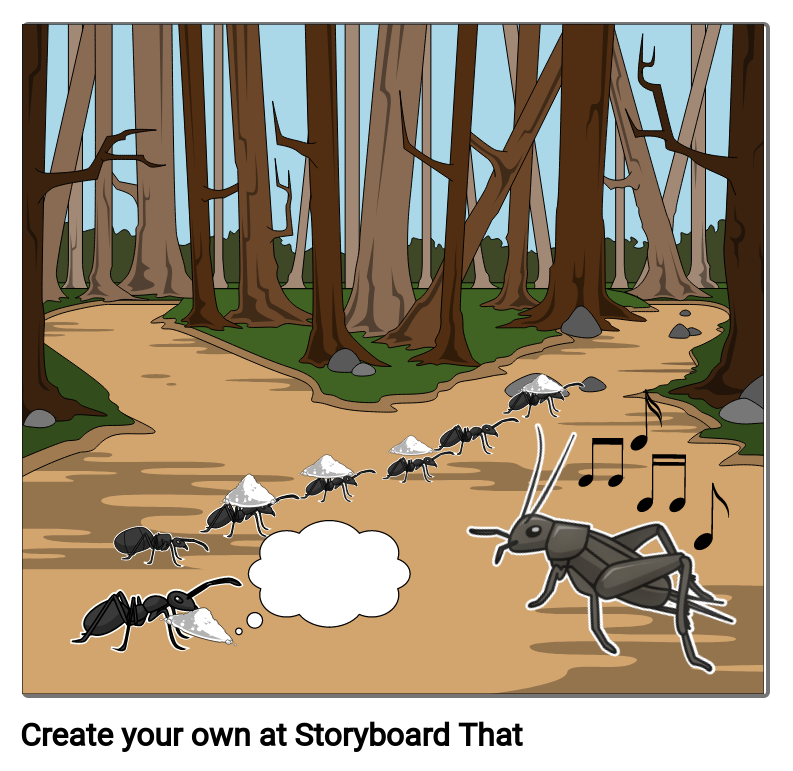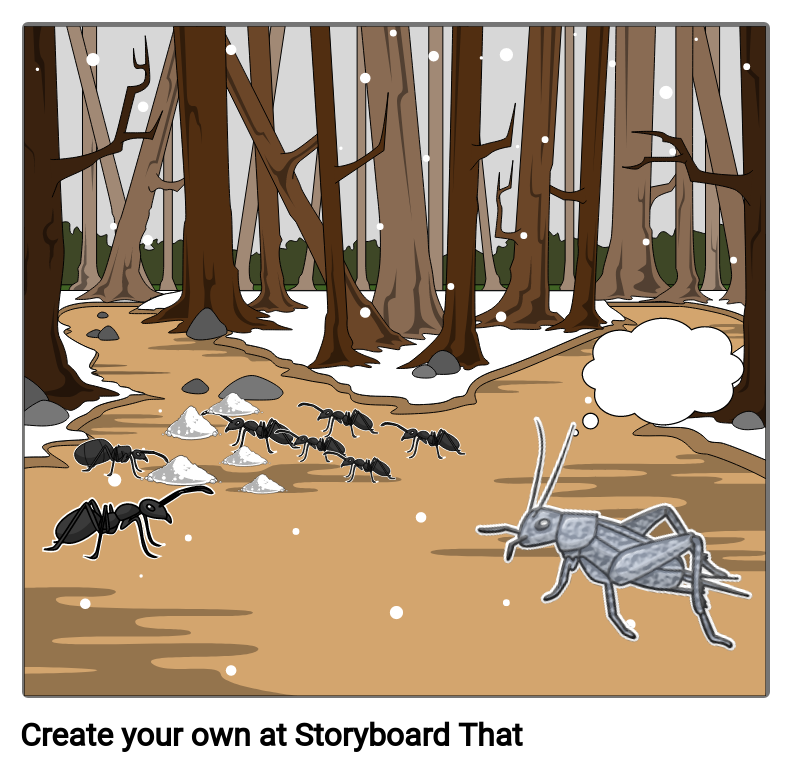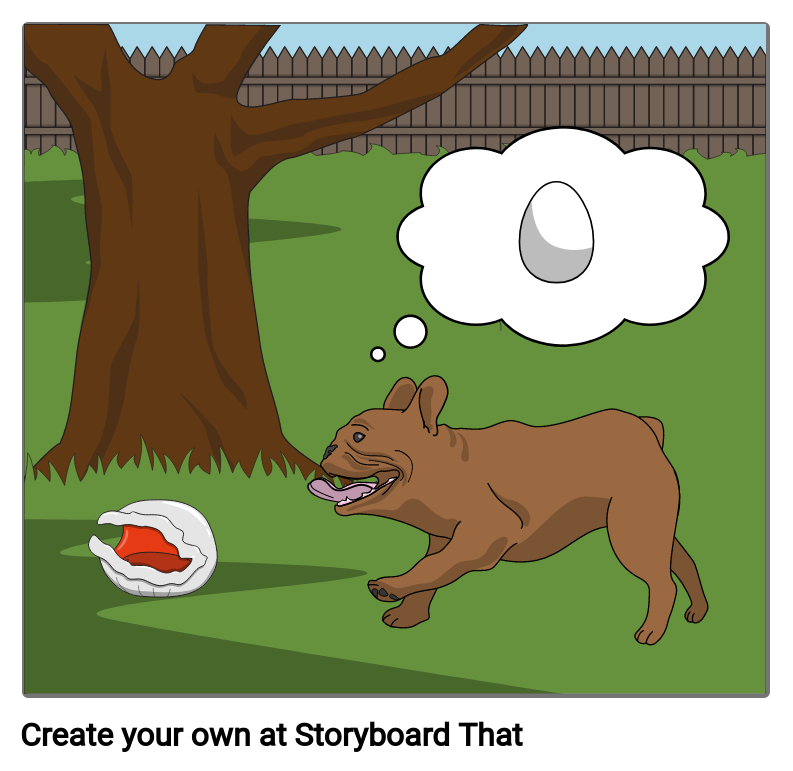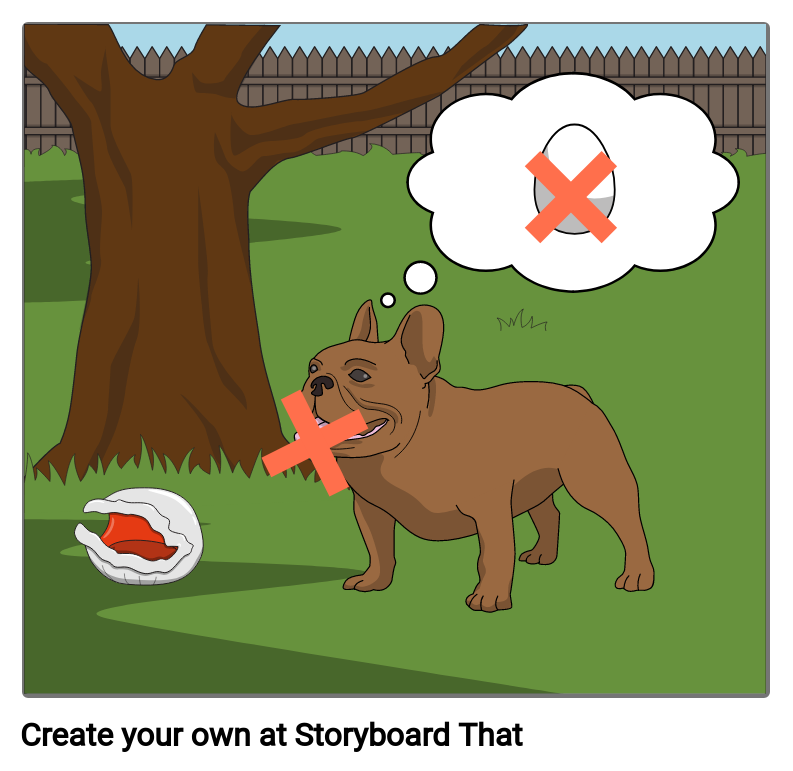PART A_1
Let’s introduce ourselves.
自己紹介をしましょう。
PART A_2
My name is ________________. What is your name?
PART A_3
My name is ________________. Nice to meet you.
PART A_4
Nice to meet you too, ________________. How are you today?
PART A_5
________________________________. How about you?
PART A_6
________________________________. Let’s begin our lesson!
PART B_1
Let’s learn new vocabulary. Listen and repeat after me.
新しい単語を学びましょう。講師のあとについて繰り返してみましょう。
PART B_2
| 1. dessert デザート | |
| 2. icecream アイスクリーム | |
| 3. else ほかの |
PART C_1
Let’s learn today’s phrases. Read the sentences below.
会話表現を学びましょう。以下の文章を音読してみましょう。
PART C_2
May I have some icecream?
アイスクリームをいただけますか?
Of course, anything else?
もちろんです。他のご注文はありますか?
PART D_1
Let’s read the dialogue. I will play Ron and you will play Emma. Then, we’ll switch roles.
以下の会話文を読みましょう。最初に講師がRon、あなたがEmmaの部分を読みます。終わったら交代しましょう。
PART D_2

Hello. What would you like?
|
|
I would like some pasta and apple juice, please.
|

Would you like to have anything for dessert?
|
|
Hmmm… May I have some icecream?
|

Of course, anything else?
|
|
That’s all. Thank you.
|
PART E_1
Let’s read the dialogue. Read aloud and fill in the blanks with the sentences you just practiced.
以下の会話文を読みましょう。先ほど練習した文を使って、空欄を埋めながら音読しましょう。
PART E_2

Hello. What would you like?
|
|
I ________________.
|

Would you like to have anything for dessert?
|
|
Hmmm… May ________________?
|

Of course, anything else?
|
|
That’s all. Thank you.
|
PART F_1
Fill in the blanks and complete the conversation.
空欄を埋めて、以下の会話文を完成させましょう。
PART F_2
| 1. | A: What ________________? B: I’d like to have a cheeseburger and a coke, please. |
| 2. | A: What would you like? B: I ______________ a piece of cheesecake. |
| 3. | A: May I have some matcha ice cream? B: ________________. |
| 4. | A: May _____________ a cup of coffee? B: Of course. |
PART G_1
Let’s role-play. Use the situation below and the expressions you just learned.
ロールプレイをしましょう。以下のシチュエーションと先ほど習った表現を使いましょう。
PART G_2
You are in a restaurant. Ask the waiter if you can have some drinks.
あなたはレストランにいます。店員に飲み物を注文できるか聞いてみましょう。
PART G_3
REVIEW AND FEEDBACK
Now, let us review what you learned in this lesson.
ではこのレッスンで学んだことを振り返りましょう。
(Please give short feedback on how your student did in your class.)
| Grammar 文法 |
Pronunciation 発音 | Vocabulary 単語 |
Comprehension 理解 |
|
|---|---|---|---|---|
 GOOD GOOD |
文法の誤りはほとんどなく、完全な文章で話すことができる | ほとんどの単語をはっきりと正しく発音することができる | 習った表現を適切に使うことができる | 文章を理解し、質問に正しく答えることができる |
 FAIR |
文法の誤りはあるが、完全な文章で話すことができる | 発音の練習が必要な言葉がいくつかある | たまにミスはあるが、習った表現を適切に使うことができる | 文章を完全に理解するのは難しく、質問に正しく答えられないときもある |
 POOR |
文章で話すのは難しく、単語だけで話すことができる | 発音の練習が必要である | 習った単語と表現を少しだけ使うことができる | 文章を理解するのは難しく、質問に答えるのは難しい |







![Cell-Row-0-Col-0[1]](https://eikaiwa.weblio.jp/information/wp-content/uploads/2021/03/Cell-Row-0-Col-01.png)
![Cell-Row-0-Col-1[1]](https://eikaiwa.weblio.jp/information/wp-content/uploads/2021/03/Cell-Row-0-Col-11.png)